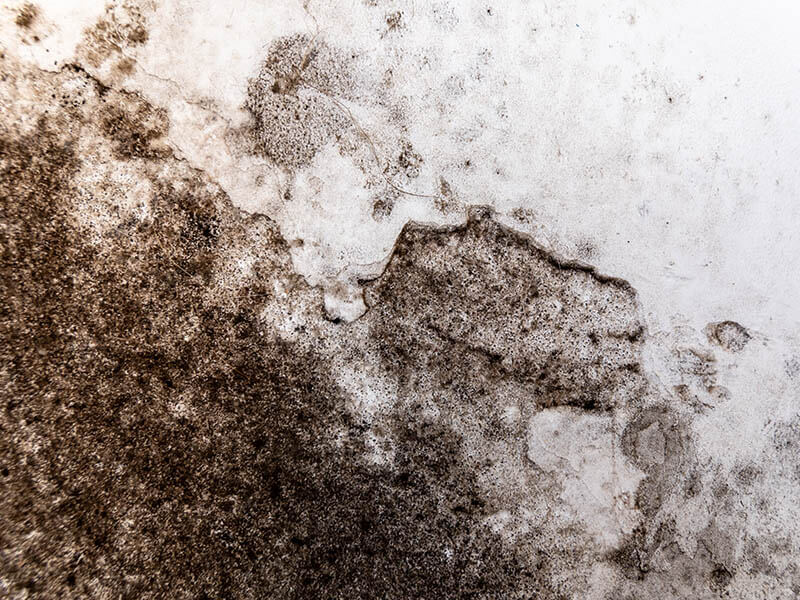
In Stough, the claimant worked for the Colorado Department of Revenue from 2006 to 2013. The claimant settled her workers’ compensation claim in August 2013, in the process resolving all claims by the claimant related to “any injuries or occupational disease” sustained between July 28, 2011, and January 11, 2012. The claimant filed a workers’ compensation claim on February 21, 2023, for alleged workplace mold exposure with a listed date of injury on February 9, 2012. Respondents denied the claim, and the claimant filed an application for hearing on compensability, medical benefits, and disability.
Respondents asserted in their response to the claimant’s application for hearing that the statute of limitations and equitable doctrines barred this claim. The claimant also filed an application for hearing on the prior workers’ compensation claim that had settled on the issues of reopening and penalties, as she claimed that the settlement was obtained fraudulently. The two applications were consolidated for the purpose of hearing and scheduled for hearing in January 2024.
Prior to the hearing, Respondents took the claimant’s deposition and subsequently moved for summary judgment. Respondents argued that the statute of limitations barred the claim, and that the claimant had waived her right to this claim in the full and final settlement from August 2013.
Summary judgment in a workers’ compensation claim may be granted under the same standard as the Colorado Rules of Civil Procedure Rule 56, when “there is no genuine issue as to any material fact and the moving party is entitled to judgment as a matter of law.” An ALJ granted summary judgment and dismissed the claim. The ALJ first found that the time for filing this claim began to run as early as October 2012, but no later than April 2017. Under the Colorado Workers’ Compensation system, a claimant has two years from the date of injury to file a claim for workers’ compensation, though a judge may extend this to within three years if presented with a compelling reason. See § 8-43-103(2), C.R.S. 2024. As such, the ALJ found that the claimant had until 2020 at the latest to file her claim. The ALJ also concluded that the equitable doctrines of estoppel and laches barred the claim as she had waived this claim in her prior settlement agreement. The Industrial Claims Appeals Office (“the Panel”) affirmed the ALJ’s order that her claim for compensation related to mold exposure was time-barred. The Panel did not address the ALJ’s alternative ruling that the settlement agreement had resolved the claim.
The claimant appealed the Panel’s ruling to the Colorado Court of Appeals. The claimant represented herself at the appellate hearing, presenting arguments related to fraud, forgery, racketeering, and corruption. The claimant did not, however, present an argument related to the statute of limitations or the ALJ’s findings of facts regarding the timing of her claim. The court looked at the factual record, which showed that Claimant first suspected a workplace injury from mold exposure in May 2011. The claimant first sought treatment for this exposure in October 2012. At her deposition, the claimant confirmed that she had attributed ongoing health problems to mold exposure sometime before 2015. The claimant also reported multiple complaints of “mold exposure at work 5 years ago” at a 2017 medical appointment. Given the evidence showed that the claimant knew the compensable nature of her injury by this 2017 medical appointment at the latest (and likely as early as May 2011), the court found that the Panel properly affirmed the ALJ’s entry of summary judgment in favor of Respondents.
Stough v. Indus. Claim Appeals Office, No. 24CA1261 (Colo. Ct. App. 2025)
Want to know more? Contact Luke Peterson at lpeterson@pollartmiller.com